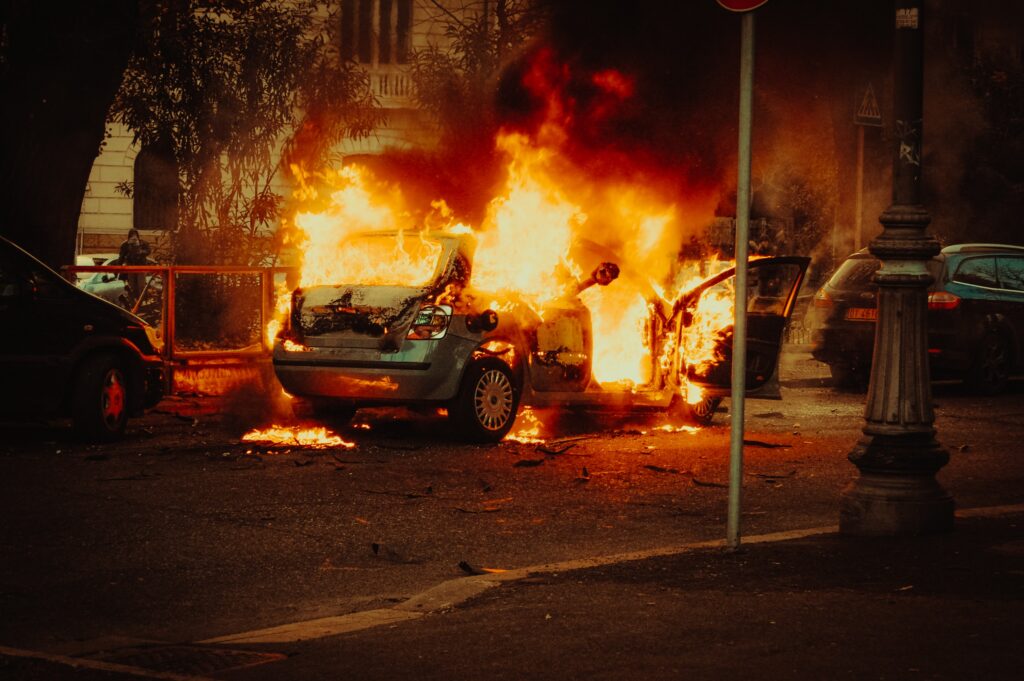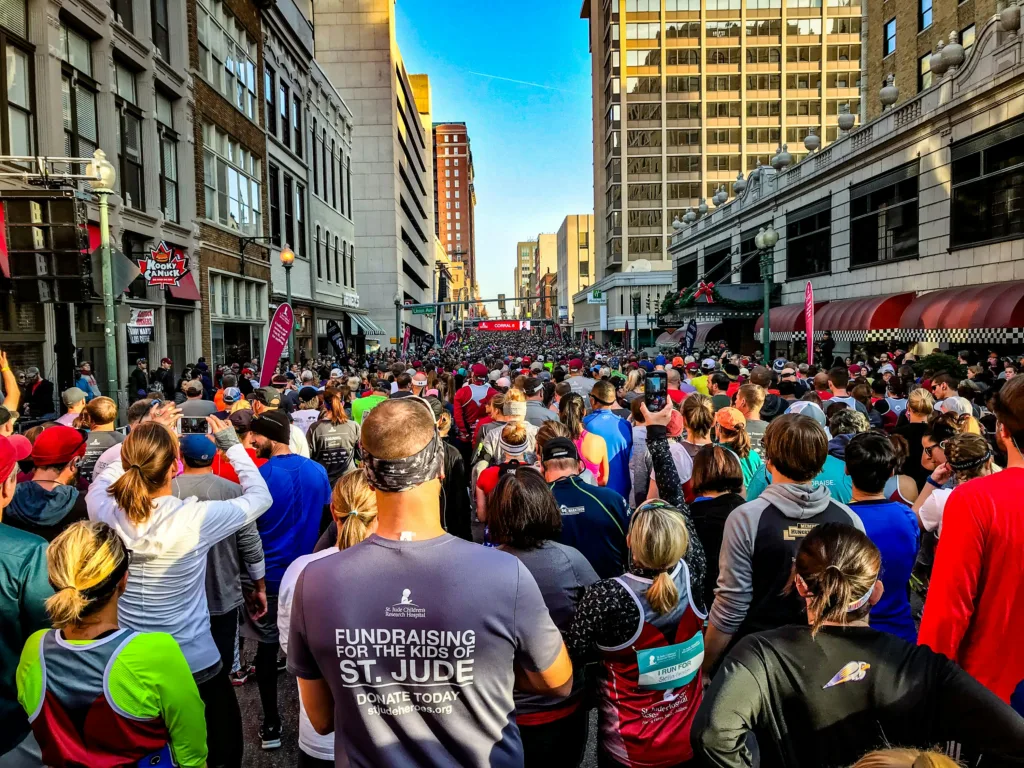France riots continue citizens question justice and reform
Nahel M
The death of French teenager Nahel M, a 19-year-old young man who was killed by police during a chase in the suburbs of Paris, has triggered a wave of anger and violence among the residents of his neighborhood. According to the authorities, Nahel M was driving a stolen car and refused to stop when the police tried to intercept him. He then collided with a police car and died from his injuries. The police claim that they acted in self-defense and that there was no evidence of intentional homicide. However, many witnesses and activists dispute this version of events and accuse the police of excessive force and racism. They demand justice for Nahel M and an independent investigation into his death.
Protests spread like fire
Since Tuesday night, hundreds of people have taken to the streets of Argenteuil, where Nahel M lived, to protest against police brutality and discrimination. They have clashed with the security forces, throwing stones and Molotov cocktails, setting fire to cars and trash bins, and vandalizing public buildings. The police responded with tear gas and rubber bullets, trying to disperse the crowds and restore order. The situation remains tense and volatile, as more demonstrations are planned for the coming days.
Conflict and Mistrust
The case of Nahel M is not an isolated one. It is part of a long history of conflict and mistrust between the police and the marginalized communities in the French banlieues, or suburbs. These areas are often plagued by poverty, unemployment, crime, and social exclusion, and are home to many immigrants and ethnic minorities who feel discriminated against and stigmatized by mainstream society. The police are seen as an oppressive force that harasses, abuses and kills them with impunity. Several incidents in recent years have sparked similar protests and riots, such as the deaths of Adama Traoré in 2016, Zyed Benna and Bouna Traoré in 2005, and Malik Oussekine in 1986.
Social Crisis
The French government has tried to address some of the root causes of this social crisis, such as improving education, housing, employment, and integration policies in the banlieues. It has also launched several initiatives to reform the police and enhance its accountability, transparency, and diversity. However, these efforts have been met with skepticism and resistance from both sides of the divide. Many residents of the banlieues feel that their voices are not heard and that their grievances are not taken seriously. Many police officers feel that they are unfairly blamed and scapegoated for the failures of the state and that they are not supported or protected enough by their hierarchy and the justice system.
Justice
The death of Nahel M has once again exposed the deep wounds and divisions that afflict French society. It has also raised important questions about the role and responsibility of the media, the politicians, the activists, and the citizens in addressing this complex and sensitive issue. How can we foster a constructive dialogue and a peaceful coexistence between the police and the banlieues? How can we ensure that justice is done for Nahel M and for all the victims of violence on both sides? How can we prevent further escalation and radicalization of this conflict? These are some of the challenges that France faces today as it tries to heal its fractures and to live up to its ideals of liberty, equality, and fraternity.






